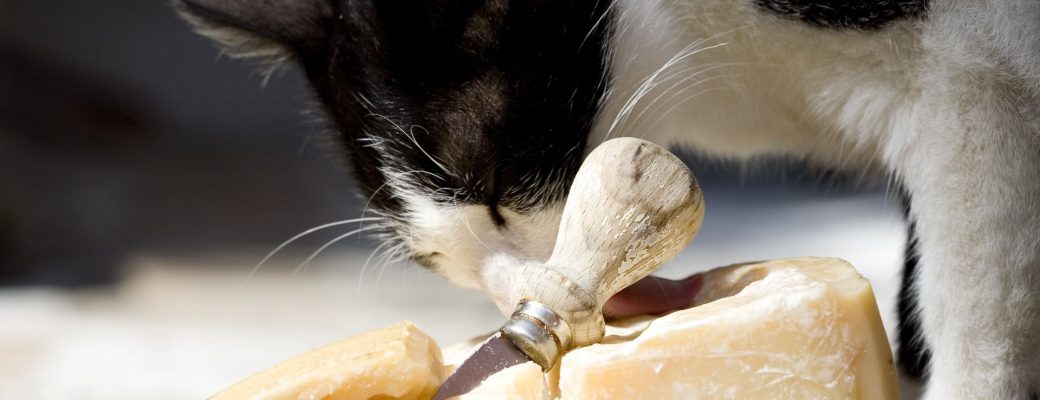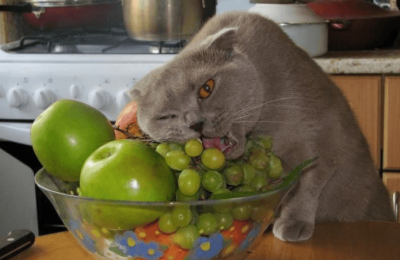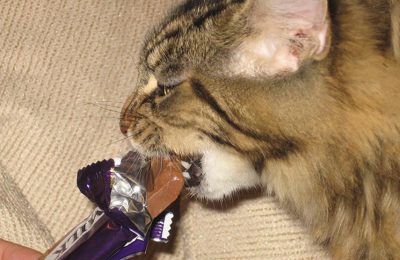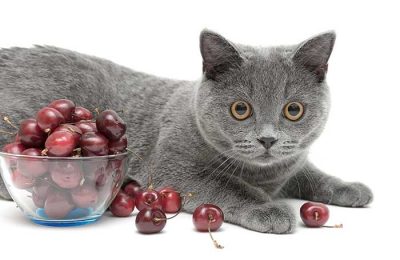Grapes are one of the healthiest snacks out there. They are delicious, and we literally can’t…
Can Cats Eat Cheese
Cheeses are great. They are widely used in a variety of dishes for increasing their delicious taste to the fullest. Apart from making the foods more delicious, cheeses are also a great source of several healthy nutritional facts. Cheers were first introduced 4000 years back, and at present, around one-third of milk produced in the United States is used in making cheese. So, how about sharing some cheese with your cat? Will that be ideal, or is it going to be the worst decision that you have ever made? Can cats eat cheese, or is it harmful to them? Need to find out, so leave all the rest for a couple of minutes and concentrate on the article till the end.
Cats love to try new things. They are curious and tends to taste new thing out of their curiosity. Due to that, they may eat something that they shouldn’t eat and call some unwanted issues. Cats are vulnerable to many things. Their digestive system is completely different from ours. They can’t eat and digest what we can easily. So, before giving anything or adding any items to your cat’s bowl, you need to determine whether those foods are safe for your cat or not. For now, let’s see what will happen if your cat mistakenly or willingly eats the cheese.
Can Cats Eat Cheese?
There are several factors that need to be considered before adding anything to a cat’s bowl. In the case of the cheese, they are usually made from milk and has a higher salt amount. Unfortunately, both of these items are unsafe for the cats. Cat’s stomach is not designed to tolerate the milk and salt. So, it is a big “no” to the cheese. It can have a serious effect on the cat’s body. Cheeses are likely to have a serious effect on the cat’s body. Okay, let’s have a detailed discussion on the fact.
Why Is Cheese Unsafe for the Cats?
Actually, cats are carnivores, and we humans are omnivores. We can live on the meats and vegetables both. But cats live on the meats and the meat protein. Meat is their primary food, while the rest of the foods are unusual and hard to digest for their stomach.
A natural, healthy diet that is completely safe for us won’t be safe for the cats. And it is obviously not necessary for what we eat our cat should eat them too.
Cats are well known for their curious nature, and due to that, they seem to be keen on human companions. You may have noticed a certain number of foods encourages the cats to eat. This is because the texture of the foods was appealing to the cats, or they may have seen you enjoying the food a lot.
However, this is what may have made the cats interested in the cheese—gone the days when people thought dairy products are safe for the cats. In the previous ages, cats were given dairy products more than anything else. But scientists have proven that to be wrong. Milk and other dairy products contain a certain amount of lactose, and that’s completely intolerable to the cats. That sensitive digestive system of your cat won’t be able to digest the high amount of lactose in milk, which will lead your cat to different types of digestive issues. Issues like diarrhea, bloating, gastrointestinal problems will be visible soon after ingesting any dairy products.
While some specific cats can still tolerate the lactose and digest them, but not all of the cats. If you have got a healthy cat, you can feed them milk; that won’t be a problem. You need to check that out by starting with small doses and having a close look at their behavior for the entire day.
In that angle, some cheese can be safe for the cats. Well, that’s good news but remember, only a small amount of cheese is safe for them. Remember, even if your cat can tolerate and digest cheese, you shouldn’t use larger doses. It can be lethal for them.
The cheese that is specifically made avoiding most of the harmful ingredients for the cats can be used as an occasional treat for the cats. So, if you really wish to feed them with cheese, you should look for these cheeses from the market.
What Makes Cheese So Harmful for the Cats?
There are several types of cheeses out there, and obviously, all of them aren’t safe for the cats. Basically, the ingredients in them vary, and that’s what makes the cheese different from one another. Among them, some possible ingredients are generally harmful to cats.
Some cheese is made with a mixture of garlic, onion, and salt. All of these ingredients are belong to the allium family. The foods or ingredients that belong to the allium family are completely unsafe for cats.
Onions, green onions, garlic, leaks, and chive can cause several types of health issues to the cats. They are enriched with organ sulfides, which can cause a serious breakdown of the red blood cells. This generally happens due to the hemoglobin’s oxidative damage.
Another health risk that should take into concern is Anemia. Anemia is one of the life-threatening culprits for the cats that can affect the cats more seriously than the dogs.
So, if you don’t want to see your cat suffer, make sure to keep those garlic flavored cheese away from your cat. Including garlic, onions, some cheese is also found with additional spices too. You must pay proper attention to that. If you are confused and could determine the ingredients, check the packaging where it will be clearly written, what type of ingredients have been used in the cheese.
Why Do Cats Like Cheese?
Well, cats like every dairy product; the flavors and aroma of dairy products attract them most. Due to that, they like cheese.
If you have seen your cat has stolen some cheese from the table, it is not a matter of surprise. It is in their nature.
According to the studies, cats are attracted to the macronutrients like fat, carbohydrates, and protein. While cheese doesn’t have lots of carbohydrates but the fats and protein are higher in an amount in the cheese.
That’s the reason for which cats go literally crazy to eat cheese, ice cream, and other types lactose enriched foods.
But they shouldn’t eat these types of foods by any means.
Is Cheese Safe for My Cat?
Well, probably you will have no idea until you see them. As I have told you above, the current health condition of your cat determines whether she will be able to tolerate cheese or not. If she is healthy, she might be healthy to digest a small amount of cheese.
You need to find that out by starting with a little dose. So, give a smaller dose to your cat in the morning and keep an eye on her during the entire day. Generally, the symptoms take 12 hours to appear on the body, so wait for that time. If your cat uses to roam outside, prevent her from roaming during this inspection period. Close the doors and windows so that your cat doesn’t leave the house by any means.
If everything seems okay, then you are good to go trying some small doses. But don’t tend to give them too much. It is always better to use the cheese as an occasional treat. Never tend to make the cheese as a substitute for their original food.
But if you notice any unusual behavior during this time. You have to act quickly; don’t waste any time to call your vet. Explain everything in detail. Your explanation should include the time of eating cheese, the weight of your cat, and her age. It will help your vet to catch the correct treatment within a short time.
If the case seems normal, your vet may suggest you induce vomiting. He will tell you the way of doing that over the phone call, and you should follow it. By vomiting the cheese out, your cat will regain her health and prevent the issues from building up.
If the case worsens up, you may need to rush to your vet’s office. He will need to look closely and may also need to run a surgery to take the culprit out of their belly.
I would rather say, to avoid experimenting with your feline friends. There are numerous alternatives to cheese that are healthy and won’t trigger any health issues; even after that, why would do some experiment?
Conclusion
Look, if you are using one of the best cat foods to feed your cat, you won’t have to depend on any other substitute. They are safe and specifically designed for cats. Cats shouldn’t eat cheese. Make sure to keep your cheese in a tightly sealed container or keep them away from your cat’s reach. Hopefully, you have understood the facts; if you are still confused, feel free to ask me anything through the comment section below.





This Post Has 0 Comments